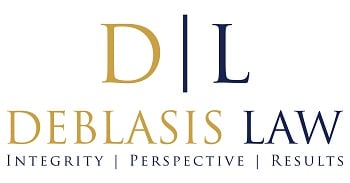Predatory lending practices can wreak havoc on your company’s financial stability.
To safeguard your firm from these harmful charges, you need to become vigilant and proactive.
Understanding predatory loan charges
Predatory lending includes unfair or deceptive terms and conditions often hidden within loan agreements. These charges can include unfair interest rates, excessive fees and confusing terms that can trap borrowers in a cycle of debt.
Conducting thorough due diligence
When you offer loans, your company needs to conduct thorough due diligence on potential borrowers to ensure they have the means to repay the loan. This includes verifying income, assessing creditworthiness and evaluating the purpose of the loan. By thoroughly vetting borrowers, your company can mitigate the risk of defaults and predatory lending practices.
Providing transparent loan terms
Transparent loan terms protect both your company and the borrower. Clearly outlining interest rates, fees and repayment schedules helps borrowers understand the true cost of the loan and avoid any surprises down the line. By providing transparent loan terms, banks can build trust with their customers and prevent accusations of predatory lending.
Educating customers
Many individuals end up with predatory loan charges due to a lack of financial literacy. Your company can educate your customers about responsible borrowing practices, including how to spot red flags in loan agreements and where to seek help if they believe they experienced predatory lending. By empowering customers with knowledge, you can help prevent them from falling prey to predatory lending practices.
If your clients cannot qualify for a loan, you can offer alternative solutions, such as credit counseling, small-dollar loan programs or financial assistance programs. These options provide borrowers with access to funds without the risk of them falling for predatory lenders.
